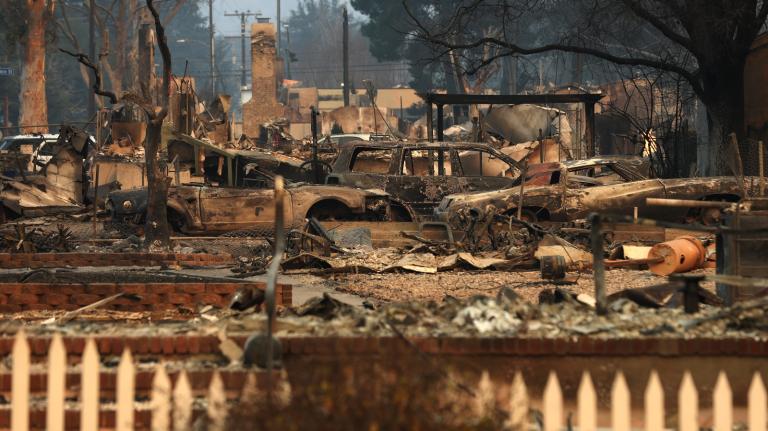 The Senate Environment and Public Works Committee approved legislation yesterday that would call on George W. Bush to sign off on California’s request for waiver — the very same waiver he likely encouraged EPA administrator Stephen Johnson to deny.
The Senate Environment and Public Works Committee approved legislation yesterday that would call on George W. Bush to sign off on California’s request for waiver — the very same waiver he likely encouraged EPA administrator Stephen Johnson to deny.
“The Reducing Global Warming Pollution from Vehicles Act of 2008” would require the president to approve the waiver so that California and the 18 other states that have set or plan to set higher limits on greenhouse-gas emissions from cars and trucks can proceed.
The committee voted 10-9 to approve the legislation, largely along party lines. But Sen. Thomas Carper (D-Del.) crossed over to vote against it, and Sen. John Warner (R-Va.) voted in favor.
According to reports, EPA officials widely agreed that the waiver should be granted. New evidence revealed this week shows that Johnson was initially “very interested in a full grant of the waiver,” then considered granting a partial waiver, but decided to deny it flat-out after talking to the White House.
“Administrator Johnson’s decision to deny the waiver was not supported by the facts, by the law, by the science, or by precedent,” said EPW Chair Barbara Boxer in a statement after the bill was approved. “Today’s action in the Environment Committee brings us one step closer to giving a green light to California and the other states so they can begin tackling global warming pollution from vehicles.”
Fellow California Sen. Dianne Feinstein also chimed in. “The time has come to take the decision on California’s waiver out of the hands of the EPA,” said Feinstein. “This legislation would help right the wrong that blocked California from implement its groundbreaking law to reduce tailpipe emissions.”
It’s unclear at this point if and when the legislation would make it to the House floor, and of course, whether it stands even a sliver of a chance of passing. Then of course there’s that whole presidential veto problem.

